
Oral Herpes - Symptoms
Herpex simplex virus (HSV) is the cause of oral and genital herpes in humans. In general, HSV 1 causes oral and HSV 2 genital infections, but there were cases that HSV 2 caused oral herpes.
The signs of herpes infection are usually cold sores or fever blisters. These are tiny blisters, located on the lips or on the nose. Blisters are very painful for the person experiencing them and could ulcerate and form a crust. Sometimes, there is just one blister but they might be a whole cluster of them.
Blisters are contagious and every person being in contact with herpes patients can be infected. The most common ways of transmission are oral, social and sexual, which means that saliva and genital fluids are transferring the infection.
The blisters usually heal on their own after a week or two, and there are rarely any complications.
The infection might cause herpes or pass without apparent symptoms. Either way, the virus (HSV) remain in the body and causes recurrent infections in some people. After a stressful situation, sunbathing or even menstruation, the infected people could experience another herpes infection and blisters. Those recurrent symptoms appear almost always on the spot, or near the spot, where they were the first time.
Complications of the HSV infection might include eye infection (could cause blindness) and infections of the newborns.
Oral Herpes – Treatment
There are two distinctive therapies for the HSV infections:
Specific anti-viral treatmentNon-specific, symptomatic treatmentSpecific antiviral drugs are used to speed up the recovery from blisters and lesions and to prevent possible recurrences of the infection. The most commonly used oral medications are acyclovir (Zovirax) and famciklovir (Famvir) and Valacyclovir (Valtrex). There are also antiviral ointments, containing acyclovir (also Zovirax) or penciclovir (Denavir).
Symptomatic treatments try to relieve the unpleasant herpes symptoms. Doctors recommend to keep the infected and erupted area clean, to prevent possibility of bacterial complications. Avoid touching the blisters in order to limit the infection to just one area of the body.
Protect the people around you from infection – don’t kiss or hug them. Always make sure to wash your hand after touching someone’s mouth or after eating.
Watch your diet. Eat bland food, without spices, so the blisters won’t get irritated more than it already are.
Sometimes, it might be helpful to put some ice to the blistered spot. Place a couple of ice cubs into a damp cloth and apply it for 5 minutes. If used frequently, it could reduce the swelling.
There are OTC (over the counter) preparations, containing camphor or phenol (Orabase, Campho-Phenique). They could prevent the pain, cracks and bleeding and bring some ease to the patients.


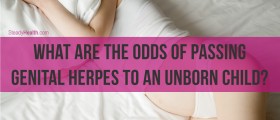
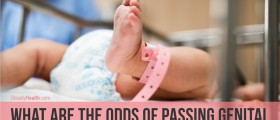
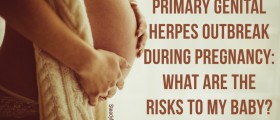
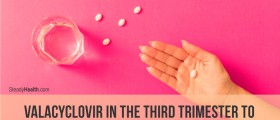
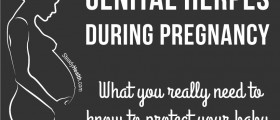
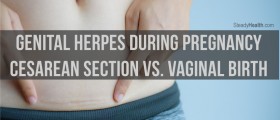
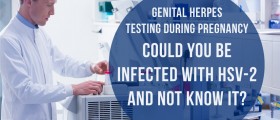
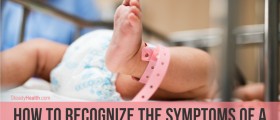
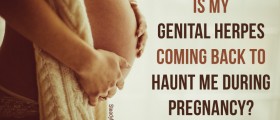
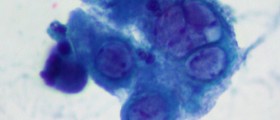


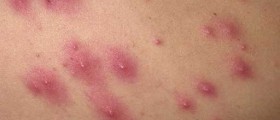
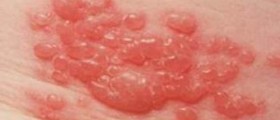

Your thoughts on this
Loading...